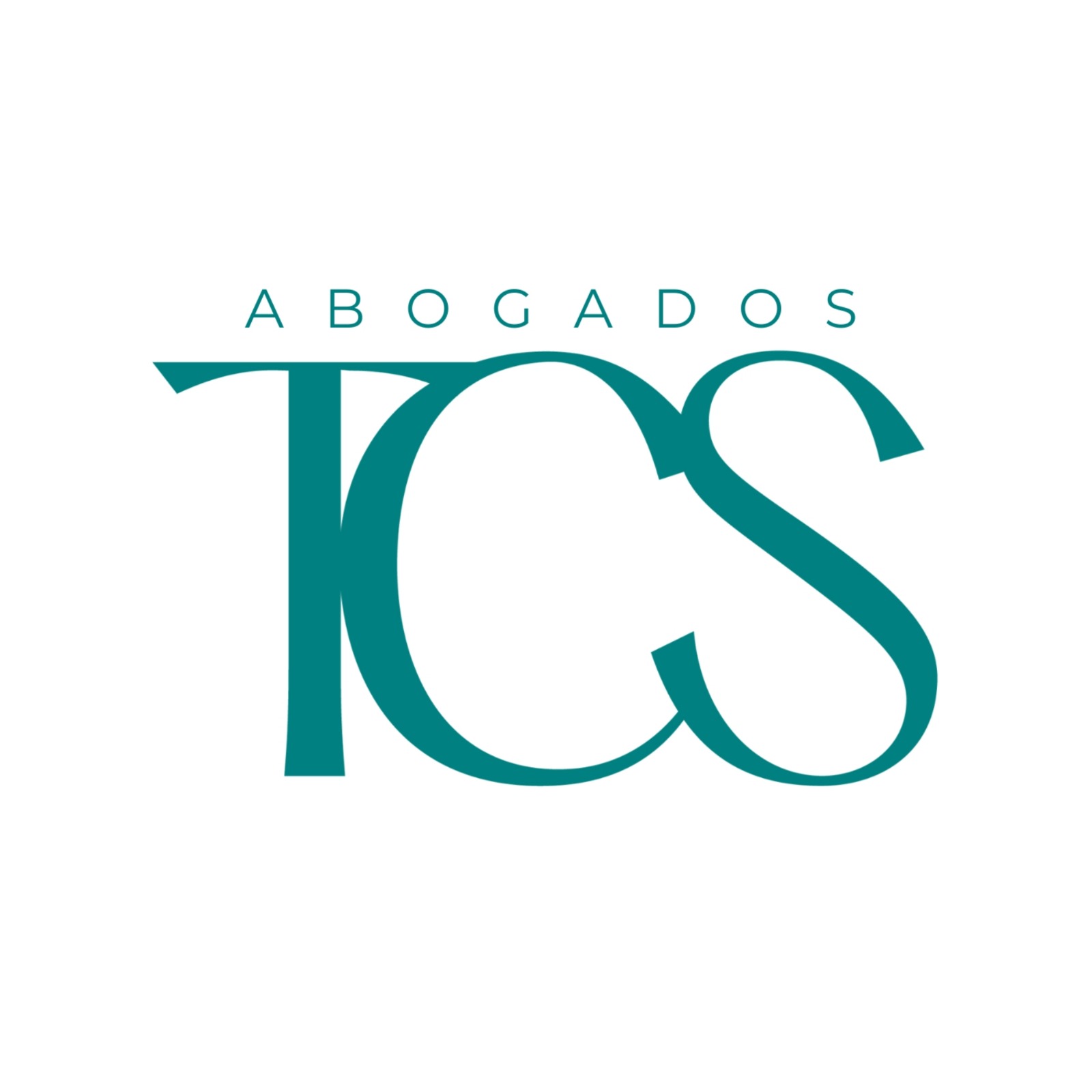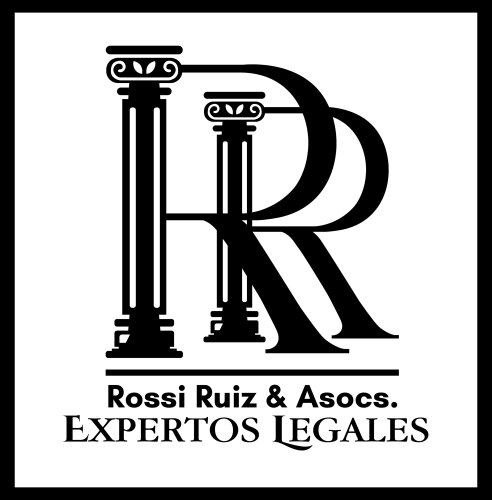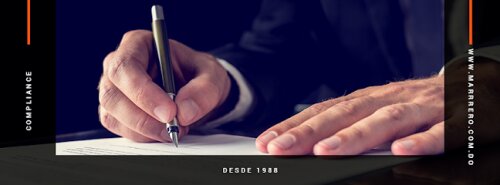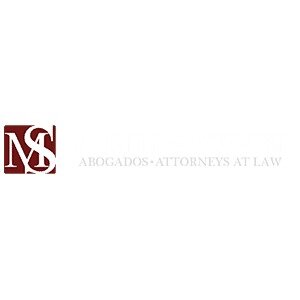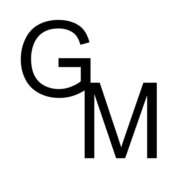Best Education Law Lawyers in Santo Domingo
Share your needs with us, get contacted by law firms.
Free. Takes 2 min.
List of the best lawyers in Santo Domingo, Dominican Republic
About Education Law in Santo Domingo, Dominican Republic
Education Law in Santo Domingo, Dominican Republic, encompasses the legal frameworks that govern how education systems operate, ensure equal access to education, and establish the rights and obligations of students, teachers, institutions, and governmental bodies. This area of law is crucial for maintaining the standards and quality of education throughout the country. It covers various aspects, from school administration, special education, student rights, academic policies, and disciplinary actions to funding and the establishment of educational institutions. The Dominican Republic's Constitution, Education Law No. 66-97, and other related regulations form the basis of these legal frameworks.
Why You May Need a Lawyer
Individuals may require the assistance of a lawyer specializing in Education Law in a variety of circumstances. Common situations include disputes over student rights, cases of discrimination based on gender, disability, or ethnicity, navigating the complexities of special education accommodations, responding to disciplinary actions or expulsions, handling teacher employment disputes, or addressing issues related to school governance and compliance with educational standards. Lawyers can provide invaluable guidance in interpreting and applying the relevant legal provisions to ensure that the rights of students, parents, and educational professionals are protected.
Local Laws Overview
In Santo Domingo, Education Law is primarily governed by Law No. 66-97, which outlines the objectives of the national education system, the rights and duties of educators and students, and the administrative structure of educational institutions. This law mandates compulsory education for children up to a certain age and emphasizes the state's role in providing quality public education. It also addresses issues such as inclusivity, the prohibition of discrimination, and the need for educational infrastructure improvement. Other relevant legal instruments include regulations on private education and the standards for curriculum and teacher certification.
Frequently Asked Questions
What is the main education law in the Dominican Republic?
The primary law governing education in the Dominican Republic is Law No. 66-97, known as the General Education Law, which establishes the fundamental principles and framework of the educational system.
Is education compulsory in the Dominican Republic?
Yes, education is mandatory for children from age 5 until age 14, covering the primary and early secondary levels.
What rights do students have in Santo Domingo?
Students have various rights, including access to free public education, protection from discrimination, and the right to a safe and inclusive learning environment.
How are disputes in schools typically resolved?
Disputes in schools are often addressed through internal school processes, followed by mediation or legal action if necessary. Legal assistance can aid in navigating these processes.
Are there legal protections for special education needs?
Yes, the law mandates accommodations and specialized support for students with disabilities to ensure equal access to education.
What are the regulations regarding private schools?
Private schools must comply with national education standards, including curriculum, teacher qualifications, and infrastructure requirements, as set by education authorities.
Can parents participate in school governance?
Yes, parents are encouraged to participate in school councils and can be involved in decision-making processes affecting school policies and governance.
What are the legal requirements for becoming a teacher?
Teachers are required to possess relevant academic qualifications, undergo certification processes, and adhere to ongoing professional development standards.
How does the law address educational funding?
The law outlines mechanisms for educational funding, emphasizing government responsibility for providing resources to public schools and ensuring equitable distribution.
What is the role of the Ministry of Education?
The Ministry of Education oversees educational policy implementation, school administration, and compliance with national education standards in the Dominican Republic.
Additional Resources
People seeking legal advice in Education Law can reach out to various resources, such as the Ministry of Education, local educational advocacy organizations, and legal assistance agencies. Additionally, visiting educational law attorneys in Santo Domingo can provide personalized and professional guidance.
Next Steps
If you need legal assistance in Education Law, consider consulting with a specialized attorney to understand your rights and options. Gather all relevant documents and information related to your case to facilitate the consultation process. It's also beneficial to research and connect with local organizations and resources that can provide support and advocacy. Initiate contact with relevant authorities or educational institutions if necessary and follow up consistently to ensure your concerns are adequately addressed.
Lawzana helps you find the best lawyers and law firms in Santo Domingo through a curated and pre-screened list of qualified legal professionals. Our platform offers rankings and detailed profiles of attorneys and law firms, allowing you to compare based on practice areas, including Education Law, experience, and client feedback.
Each profile includes a description of the firm's areas of practice, client reviews, team members and partners, year of establishment, spoken languages, office locations, contact information, social media presence, and any published articles or resources. Most firms on our platform speak English and are experienced in both local and international legal matters.
Get a quote from top-rated law firms in Santo Domingo, Dominican Republic — quickly, securely, and without unnecessary hassle.
Disclaimer:
The information provided on this page is for general informational purposes only and does not constitute legal advice. While we strive to ensure the accuracy and relevance of the content, legal information may change over time, and interpretations of the law can vary. You should always consult with a qualified legal professional for advice specific to your situation.
We disclaim all liability for actions taken or not taken based on the content of this page. If you believe any information is incorrect or outdated, please contact us, and we will review and update it where appropriate.



